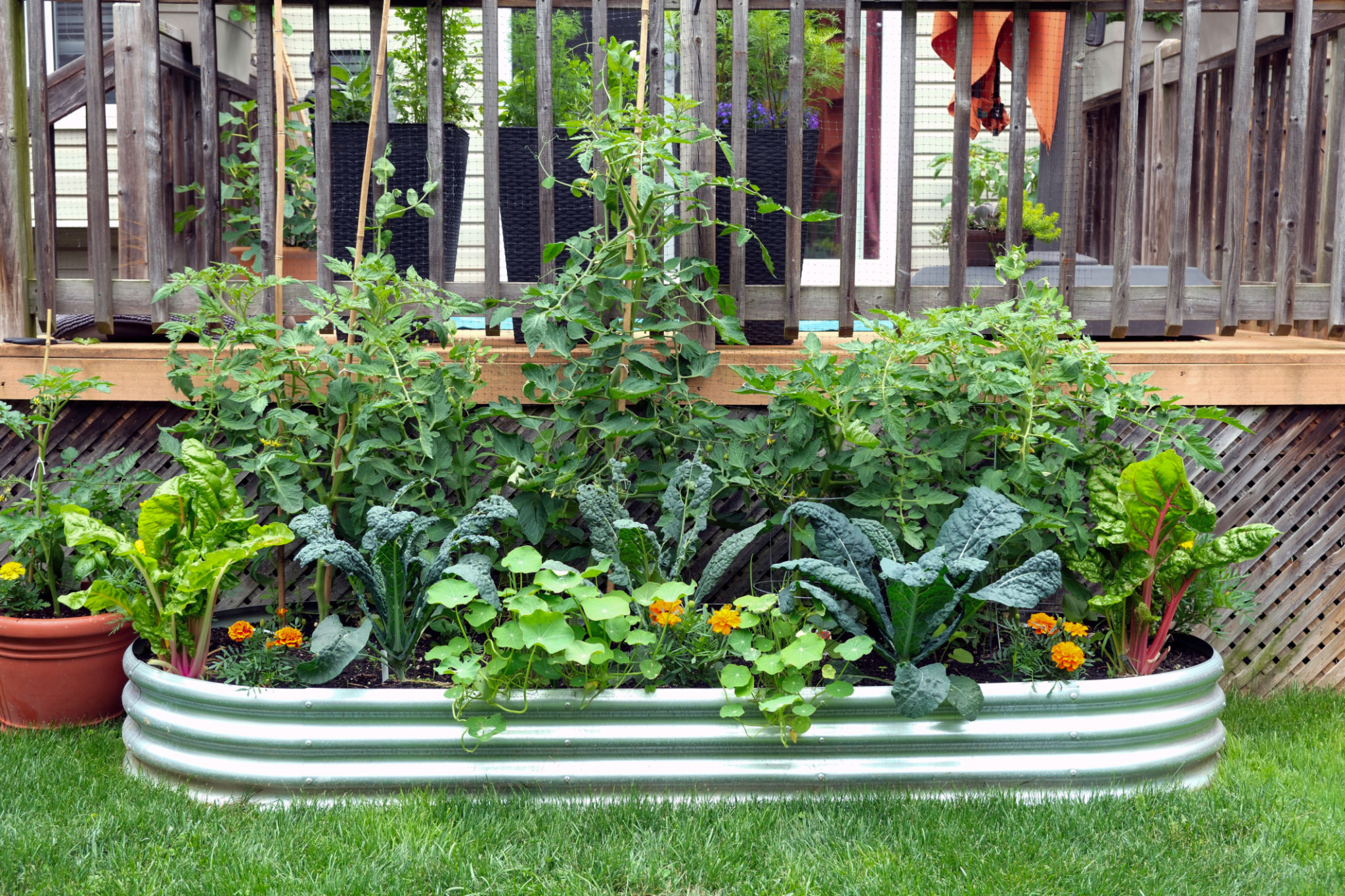The Benefits of Sustainable Landscaping Practices
Introduction to Sustainable Landscaping
In recent years, sustainable landscaping has gained popularity among homeowners and businesses alike. This approach to landscaping not only enhances the aesthetic appeal of a space but also contributes to environmental health. By adopting sustainable practices, you can create a beautiful, eco-friendly landscape that requires less maintenance and conserves resources.

Environmental Benefits
Sustainable landscaping practices offer numerous environmental benefits. One of the primary advantages is the reduction of water usage. By incorporating native plants that are adapted to the local climate, you can significantly decrease water consumption. Additionally, sustainable landscapes often utilize rainwater harvesting systems and permeable surfaces, which help manage stormwater runoff and reduce soil erosion.
Another environmental benefit is the enhancement of biodiversity. Sustainable landscaping encourages the use of diverse plant species that provide habitats for various wildlife, including birds, insects, and pollinators. This diversity supports a healthy ecosystem and promotes natural pest control, reducing the need for chemical pesticides.
Economic Advantages
Not only do sustainable landscaping practices benefit the environment, but they also offer economic advantages. By reducing water usage and minimizing the need for chemical fertilizers and pesticides, you can save money on utility bills and landscape maintenance costs. Furthermore, sustainable landscapes often require less mowing and pruning, leading to lower labor expenses.

Investing in sustainable landscaping can also increase property value. A well-designed, eco-friendly landscape is an attractive feature for potential buyers and can enhance the overall curb appeal of your property. As more people become environmentally conscious, properties with sustainable landscapes are likely to be in higher demand.
Health and Well-being
Sustainable landscaping practices contribute to improved health and well-being for both individuals and communities. By reducing the use of chemical pesticides and fertilizers, these practices create a safer environment for families and pets. Moreover, spending time in nature has been shown to reduce stress, boost mood, and improve mental health.
Community gardens and green spaces designed with sustainable principles can also foster social connections and promote physical activity. These areas provide opportunities for residents to come together, learn about sustainability, and enjoy the benefits of fresh produce grown in an environmentally responsible manner.

Getting Started with Sustainable Landscaping
If you're interested in transitioning to sustainable landscaping, there are several steps you can take to get started. Begin by assessing your current landscape and identifying areas for improvement. Consider replacing non-native plants with native species that are well-suited to your climate. Implement water-saving techniques such as drip irrigation or rainwater collection systems.
Additionally, reduce lawn areas by incorporating more garden beds or installing hardscapes like patios and walkways made from recycled materials. Finally, consider composting yard waste to enrich your soil naturally and reduce the need for chemical fertilizers.
Conclusion
Adopting sustainable landscaping practices offers a multitude of benefits for the environment, economy, and personal well-being. By implementing these practices, you not only create beautiful outdoor spaces but also contribute positively to the planet's health. Whether you're a homeowner or a business owner, sustainable landscaping is a worthwhile investment that pays dividends for generations to come.